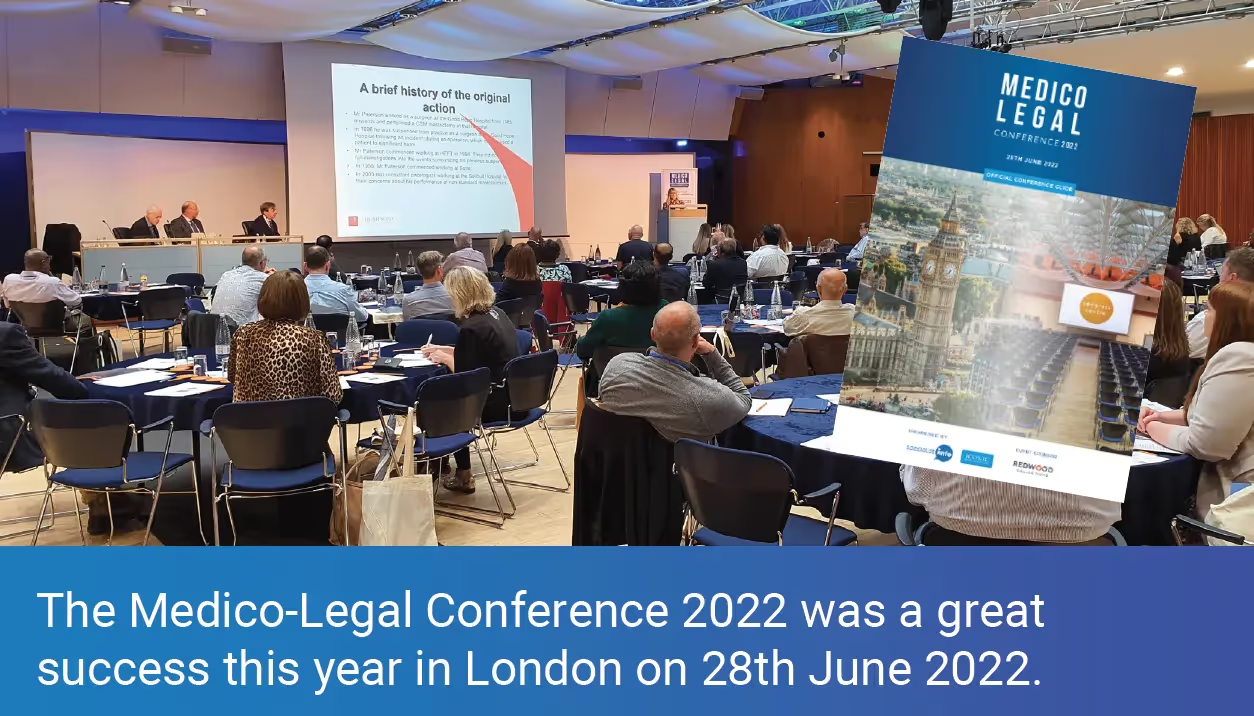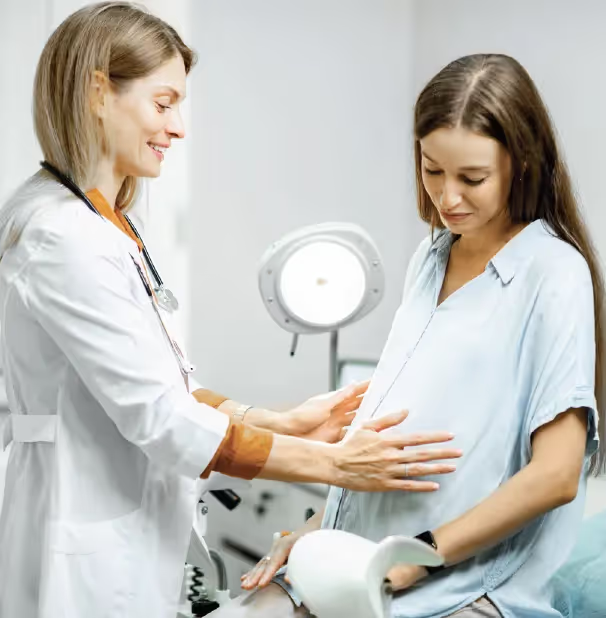Lisa Cheyne, Medico-Legal Manager, SpecialistInfo
Victims of the infected blood scandal will each receive an interim compensation payment of £100,000, the Government announced in August.
The Government intends to make payments to those who have been infected and bereaved partners in England by the end of October. The same payments will be made in Scotland, Wales and Northern Ireland.
The commitment to pay interim compensation meets the full recommendations set out by inquiry chairman Sir Brian Langstaff in his interim report. That report built on the study by Sir Robert Francis QC in his detailed consideration of the issues. Details were announced by Chancellor of the Duchy of Lancaster, Kit Malthouse.
The intention is that payments will be tax-free and will not affect any financial benefits support an individual is receiving. Infected individuals and bereaved partners who are registered with any of the four UK infected blood support schemes will receive payment. Advice to those people on how the interim payment will be made will be outlined directly to them.
Read more: https://t.co/aWRRt4tem5

A report reviewing the Clinical Negligence Scheme for General Practice (CNSGP), including a high level thematic analysis of cases from year one (2019– 2020), was launched in August.
Analysis of the data from the first year of an indemnity scheme for general practice has identified that quicker and more accurate diagnosis, and improved prescribing processes could result in better patient outcomes.
Read the report: https://t.co/4D19XPGsox
APIL still campaigning for full bereavement damages for all close relatives
The law on bereavement damages fails to recognise the grief of many close family members. It is not fit for purpose, according to an ongoing APIL campaign: #Fairness4Families
The above payment to bereaved partners after in the Infected Blood Inquiry is a good step in the right direction, but other bereaved relatives in England, Wales and Ireland, such as siblings, children who lose parents, fathers not married to the mother of their child at birth, grandparents, grandchildren and unmarried couples are still not eligible for bereavement damages.
Claims for compensation for bereavement in Scotland are considered on a case-by-case basis. APIL suggests that England, Wales and Northern Ireland could adopt the modern and compassionate law of Scotland.
Read more: https://t.co/7q57oaDdUy
(https://twitter.com/APIL/status/1559896510975954946?t=6Kib7YQsWB0XD8VYWmTYtA&s=03)
Belsner: lawyers await ‘costs case of the decade’ ruling
A so-called ‘costs case of the decade’ was heard in the Court of Appeal this October. Belsner v CAM Legal Services Ltd will have ramifications for solicitors who require clients to make up any shortfall between costs incurred and those recovered.
Belsner asks whether the client in a low-value RTA claim gave informed consent to Norfolk firm CAM Legal Services deduction of unrecovered costs from her damages. She is represented by costs challenge specialist checkmylegalfees.com.
The firm charged Belsner £385.50 including VAT on top of the £500 fixed costs recovered from the defendant, who paid £1,900 damages. A claim to contest the fees failed in the county court.
The significance of the case is reflected in the court’s constitution: the master of the rolls, the chancellor of the high court (Lord Justice Flaux) and Lord Justice Nugee.

• Alexander Hutton QC, Hailsham Chambers, was Keynote Speaker for the 2022 conference.
2022 Expert Speakers included:
• Clodagh Bradley QC, 1 Crown Office Row
• Dr Denise Chaffer, Director of Safety and Learning, NHS Resolution
• Simon Hammond, Director of Claims Management, NHS Resolution
• Mr Colin Holburn, Consultant in Accident & Emergency Medicine, Sandwell and West Birmingham Hospitals NHS Trust
• Lorin Lakasing, Consultant in Obstetrics and Fetal Medicine, St Mary's Hospital, Paddington, London
• Pankaj Madan, Barrister, Exchange Chambers & 12 King's Bench Walk
• Flora McCabe, Head of Healthcare Claims, Solicitor, Lockton LLP
• Linda Millband, Head of Clinical Negligence, Thompsons Solicitors
• Mr Ronald Miller, Consultant in Urology, Urology Chambers Limited
• Doireann O'Mahony, Barrister at the Bar of Ireland and Bar of England & Wales. Member of Normanton Chambers, London and author of ‘Medical Negligence and Childbirth’ (2nd Ed. Bloomsbury Professional, 2021)
• Angus Piper, Barrister, 1 Chancery Lane
• Prof Dominic Regan, City Law School, London. Head of Know-How, Frenkel Topping. Legal speaker, Writer, and Broadcaster. Wine Critic, 'Counsel' Magazine.
• Clare Stapleton, Medicolegal Consultant, Medical Protection Society
• Tim Wallis, International Mediator, Director and NHSR Panel Mediator, Trust Mediation
• Brian Westbury, Academic Lead, Royal College of Physicians and Dentolegal Consultant
Please visit the conference website below for details of how to access the recording if you missed it and to secure a ticket for 2023: www.medicolegalconference.com
Please contact craig.kelly@iconicmediasolutions.co.uk
for further information if you are interested in sponsoring the programme or hosting a stand at next year's event in London on 20 June 2023.
Action against the Tavistock and Portman NHS Foundation Trust gender identity clinic could include more than 1,000 clients
Following a review by paediatrician Dr Hilary Cass into children’s gender services, which criticised the care of teenage patients who had expressed an interest in gender transitioning, international law firm Pogust Goodhead confirmed in August that it is pursuing the action against the Tavistock and Portman NHS Foundation Trust.
The clinical negligence claim alleges that young teenagers were rushed into taking life-altering puberty blockers causing long-term and sometimes irreversible damage.
The Tavistock Centre, the UK’s only dedicated gender identity clinic for children and young people, will close in early 2023 and will be replaced with regional centres.
Read more: https://tavistockclaimlawyers.com
Group B Strep Support (@GBSSupport): pregnant women have the right to be informed
Group B Strep is commonest cause of severe infection in newborns, causing meningitis, sepsis and pneumonia, but most of these infections are preventable. Guidance is mixed and routine testing and antiobiotic treatment are not always recommended or available in NHS Trusts.
NHS guidance for pregnant women is confusing, stating:

“If you have group B strep while you're pregnant your baby will usually be healthy:
there's a small risk it could spread to your baby during labour and make them ill – this happens in about 1 in 1,750 pregnancies
there's an extremely small risk you could miscarry or lose your baby
If you're worried about group B strep, speak to your midwife or GP for advice.
Routine testing is not currently recommended and tests are rarely done on the NHS, but you can pay for one privately.”
The UK National Screening Committee does not recommend testing all pregnant women for the presence of GBS using vaginal and rectal swabs. Some of the reasons they state are:
“many babies who are severely affected by GBS infection are born preterm, before the suggested time for screening (35–37 weeks)
giving antibiotics to all women who carry GBS would mean that a very large number of women would receive treatment they do not need.”
Whereas the charity Group B Strep Support recommends: “If a woman is known to carry group B Strep in her current pregnancy then she will be offered antibiotics from onset of labour which will minimise the risk of her newborn baby developing a group B Strep infection.”
Testing is relatively cheap, so Group B Strep Support suggest that women should at least be given the choice to seek a private test and ask for antibiotic treatment, if they wish.
Read more: www.gbss.org.uk; www.rcog.org.uk/en/guidelines-research-services/ guidelines/gtg36
GMC is to be stripped of its power to appeal MPT decisions
Since 31 December 2015, the GMC has been afforded the power to appeal decisions made by a Medical Practitioners’ Tribunal (MPT) in respect of a doctor’s fitness to practise.
Last year several healthcare organisations wrote to Matt Hancock, then Health Secretary, to urge the Government to utilise the Health and Social Care Bill to remove the GMC’s power of appeal.
The DHSC has made a commitment regarding the GMC’s power of appeal that the legislation will be laid next year to remove this power and will not be delayed further.
Read more: https://www.hempsons.co.uk/news-articles/double-jeopardy-faced-by-doctors/

Message from the Lord Chief Justice and Senior President of Tribunals – Modes of address in courts and tribunals from December
Lord Chief Justice and Senior President of Tribunals recently announced:
We are today announcing a change in the practice of how certain Judges are addressed in court. From now on, the Judges listed below should be addressed in court or tribunal hearings as ‘Judge’:
Masters, Upper Tribunal Judges, Judges of the Employment Appeal Tribunal, District Judges
District Judges (Magistrates Courts), First-Tier Tribunal Judges, and Employment Judges.
The current practice is to address them as ‘Sir/Madam’ or ‘Judge’. The move away from ‘Sir or Madam’ involves modern and simple terminology, reflecting the important judicial role whilst maintaining the necessary degree of respect.
This change only involves the way in which Judges are addressed in court or tribunals. It does not affect judicial titles, which have a basis in statute, or the way in which Judges record their decisions.
In the tribunals non-legal members should continue to be addressed as ‘Sir or Madam’.
Assisted dying Inquiry launched December 2022
The House of Commons Health & Social Care Committee has launched an inquiry into assisted dying in England & Wales – the 1st held by the UK Parliament since 2004.
Read more: https://humanists.uk/2022/12/05/ commons-committee-launches-assisted-dying-inquiry/
Lorem ipsum dolor sit amet, consectetur adipiscing elit, sed do eiusmod tempor incididunt ut labore et dolore magna aliqua. Ut enim ad minim veniam, quis nostrud exercitation ullamco laboris nisi ut aliquip ex ea commodo consequat. Duis aute irure dolor in reprehenderit in voluptate velit esse cillum dolore eu fugiat nulla pariatur.
Block quote
Ordered list
Unordered list
Bold text
Emphasis
Superscript
Subscript